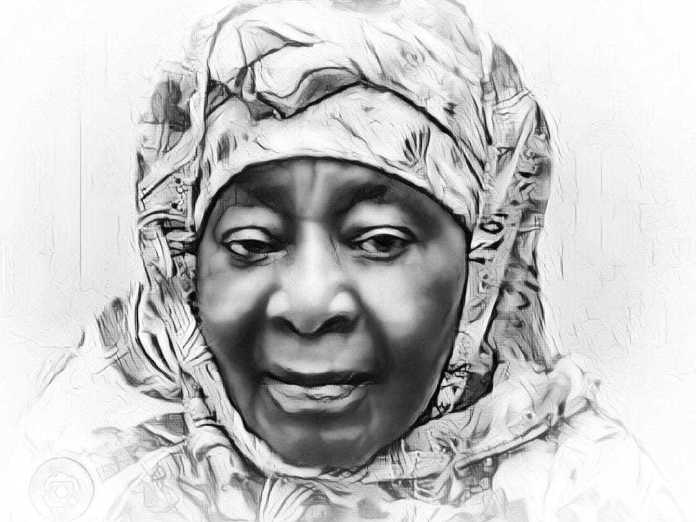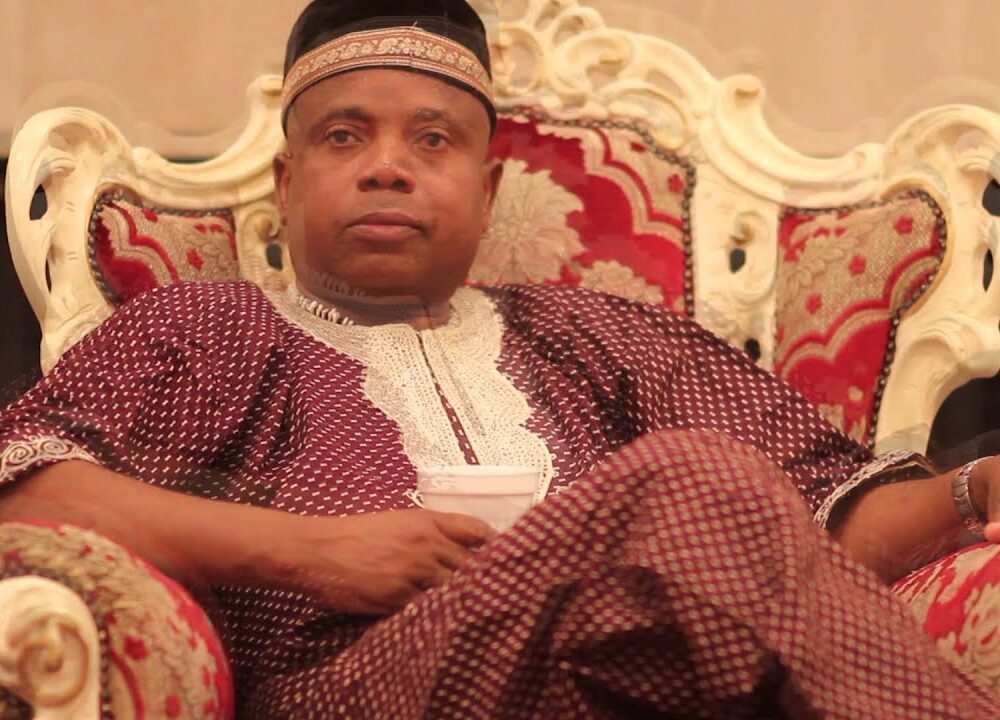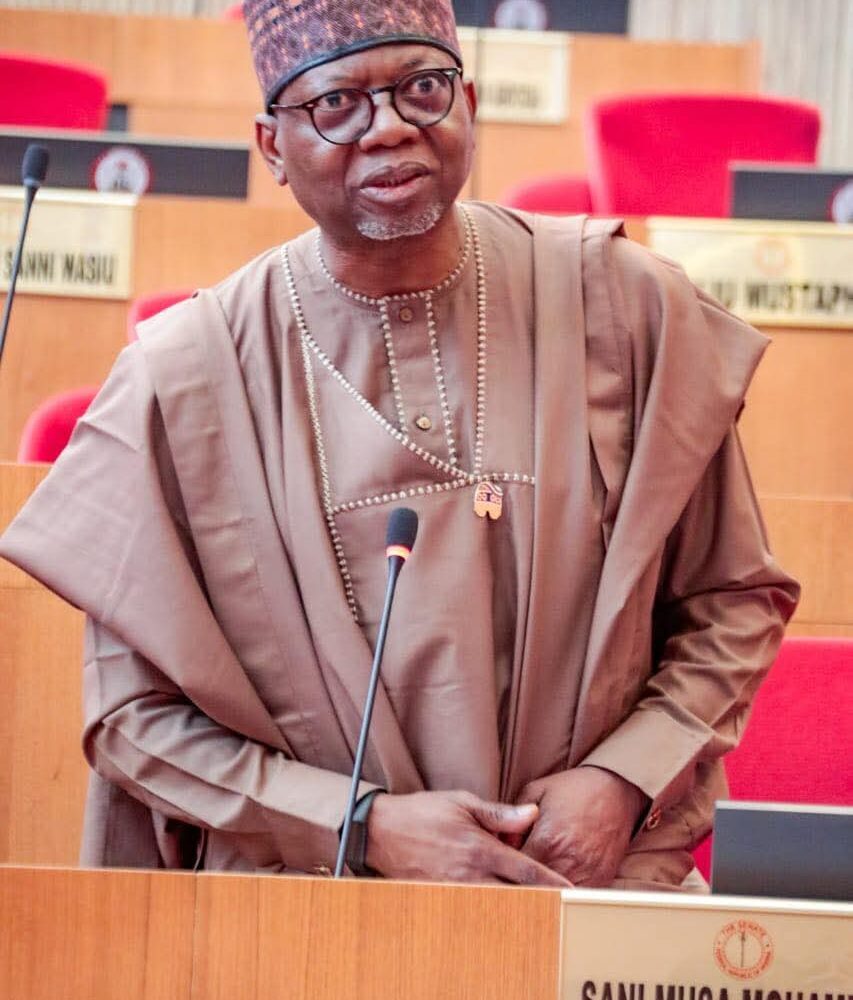Politicising Kano Emirate
Recently, there were rumours that some individuals and groups had been hired to tarnish the reputation of the late Emir of Kano, Ado Bayero, and his family, especially his wife, Nana Maryam from Ilorin, who shared his life for 54 years before his demise, as well as their two sons, who were appointed Emirs by the past government.
It was, therefore, shocking when Hashim Dungurawa, the chairman of the ruling New Nigeria People’s Party (NNPP) in Kano, made a baseless claim that President Bola Tinubu was eager to reinstate a son of the late emir because of Yoruba ethnic connection.
Described as an apostle of the Kwankwasiya movement led by Senator Rabiu Kwankwaso, Dungurawa, said: “If the president thinks he will use a few of his kinsmen in Kano and the alleged Bayero’s Yoruba lineage to continue to keep the deposed Emir Aminu Ado Bayero in the State, let him wait for 2027, we will show him that those people will not help him.”
As someone born and raised in Kano, I could never have imagined that politics in the state would descend so low as to fabricate falsehoods laced with hate speech against the family of one of the most respected and longest-serving traditional rulers in Nigeria.
Ethnocentric rhetoric and irresponsible statements driven by arrogance, ignorance, intolerance, and fanaticism can incite mob actions and lead to civil unrest. We’ve seen how irresponsible behaviour and poor leadership have contributed to the rise of terrorism and banditry in some Northern states.
It is instructive that Kano Deputy Governor Aminu Abdussalam Gwarzo recently showed maturity by apologising to the National Security Adviser (NSA), Nuhu Ribadu, for making a similar unsubstantiated allegation.
Meanwhile, Emir Ado Bayero was a bridge builder and asset in promoting peaceful coexistence, mutual understanding, and conflict resolution during his reign. Not only was Kano receptive to all tribes and cultures, the Emirate was also so accommodating that many top public figures and leaders known as Kano indigenes were actually from other states, like the spirit peace-loving Yoruba people of Lagosian who accepted and empowered strangers, especially under Governor Tinubus administration.
Kano was not only receptive to all tribes and cultures, but the Emirate was also remarkably accommodating, as evident in the fact that many top public figures and leaders, though known as Kano indigenes, hailed from other states. This spirit of peace and love for strangers was exemplified by the Yoruba people of Lagos, who accepted and empowered others, particularly during Governor Tinubu’s administration.
It would be recalled that a few years after his death and immediately after the dethronement of his successor, Sanusi Lamido Sanusi, his two sons from Nana Maryam, Aminu and Nasiru, were appointed Emirs of Kano and Bichi by Governor Abdullahi Ganduje. However, the new Kano governor, Abba Yusuf, announced the dethronement of the two emirs and others this year while reinstating Sanusi Lamido Sanusi as the Emir.
On Afonja and Alimi in Ilorin
Though people in Ilorin primarily speak Yoruba, their traditional and religious leadership comprises Fulani, Gambari, Kanuri, Nupe, and other ethnic groups. At the start of the 19th century, Kakanfo Afonja, a Yoruba warlord, fled the Oyo Kingdom and emigrated to Ilorin to avoid a suicidal war with the Alafin (the king) . Around the same time, a Fulani Islamic scholar named Salih Janta, popularly called Shehu Alimi due to his Islamic knowledge, also arrived in Ilorin.
Shehu Alimi and Afonja later allied to repel the punitive forces of Oyo when the Alafin planned to suppress the formers rebellion and eliminate the latter for converting Yoruba to Islam. With support from Shehu Usman Danfodiyo of Sokoto, Ilorin’s forces launched a preemptive strike by attacking and burning down Oyo-Ile, the capital of the old Oyo Empire.
Meanwhile, after a communal conflict, Afonja was also assassinated. When Shehu Alimi died in 1820, his eldest son, AbdulSalami, whose mother was a Gwandu princess in the present Kebbi, became the emir of Ilorin and pledged allegiance to the Sokoto Caliphate around 1829.
Throughout the 19th century, Ilorin was a significant trade hub between the Hausa-Fulani in the North and the Yoruba in the South. It was later incorporated into the Northern Nigeria Protectorate in 1900.
Therefore, Nana Maryam belonged to the fifth generation of Ilorin descendants of Shehu Alimi, a pioneer flag bearer of Sheikh Usman Dan Fodio. Her ancestral line is traced to the first son, Emir AbdulSalami.
In a simple illustration, Maryam was the daughter of the eighth Fulani Emir of Ilorin, Shehu AbdulKadir (1919-1959), granddaughter of the seventh Emir, Shehu Shuaib Bawan-Allah who reigned 1915-1919, great-granddaughter of the third Emir, Zubair (reigned c.1860-1868), and a great-great-granddaughter of AbdulSalami, the first Emir of Ilorin (c.1823-c.1836) and first son of Shehu Alimi (c.1740-c.1823).
As the daughter of Emir AbdulKadir, Maryam’s siblings included Mallam Aliyu Baba Agba, the 10th Emir of Ilorin (reigned 1992-1995); Hajia Aishat Bolanta ZulKarnaini Gambari, wife of the 9th Emir (HRH Alhaji Muhammed ZulKarnaini Gambari, who reigned 1959-1992) and mother of the 11th Emir (HRH, Alhaji (Dr.) Ibrahim Sulu-Gambari, 1995).
Princess Maryam was a young girl when she was sent to a boarding school in Kano and entrusted into the care of Queen Hasiya, the wife of Emir Abdullahi Bayero. Maryam shared the school with the Emir’s daughters, Princesses Rakiya and Hadiza Abdullahi Bayero.
A young Prince, Ado, became interested in Princess Maryam through her relationship with his sisters. He started paying regular visits to the school, and their closeness grew as their meetings became more frequent but restrained.
To be continued shortly on this same page
_Yushau Shuaib Agaka is currently the Custodian of one of the oldest copies of the Quran, which was brought to the Ilorin Emirate by his progenitors from Kanem-Borno
www.YAShuaib.com yashuaib@yashuaib.com_





